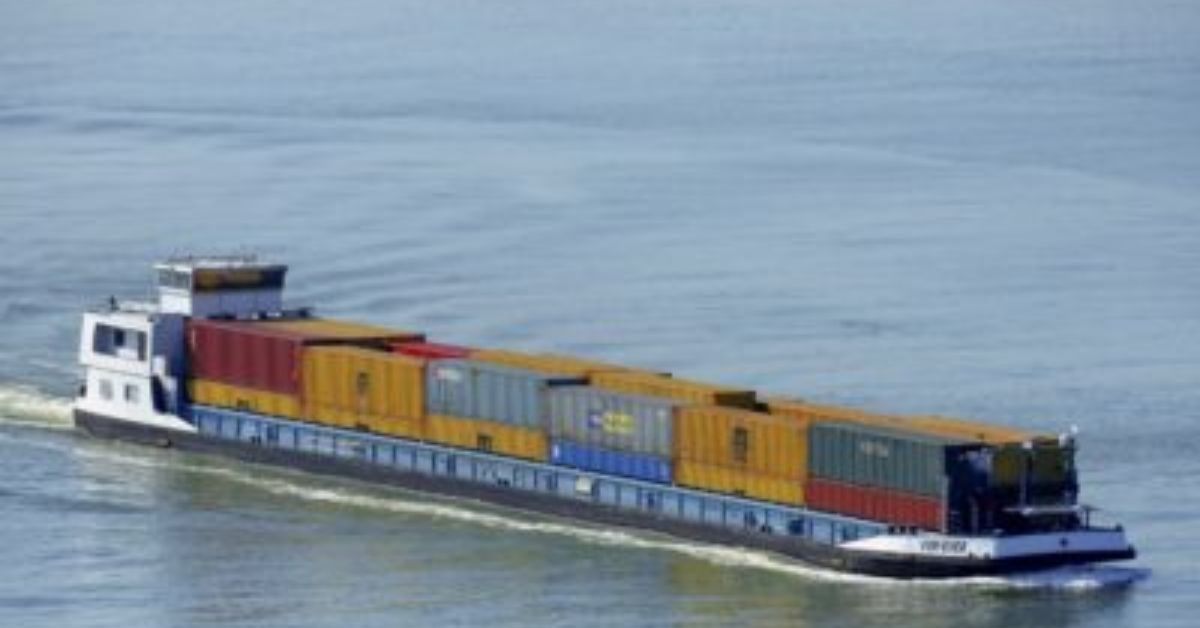Cargoes carried by the vessels of Bangladesh and India declined 13 percent year-on-year to 41 lakh tonnes in FY23, down from the previous year’s 47 lakh tonnes, the highest on the record, shows data of the Bangladesh Inland Water Transport Authority (BIWTA).
This was the first time in four years that the cargo movement through waterways under the Protocol on Inland Water Transit & Trade between Bangladesh and India (PIWT&T) fell.
Convenience and relatively lower cost than road encouraged many businesses to prefer waterways to transport their goods, mainly imports from India, importers and carrier operators said earlier.
Operators said most of the cargoes transported through waterways are imports and raw materials for the cement and the steel factories — fly ash, iron ore — while food grains are some other major items.
“Our raw materials imports have declined because of the negative growth of the overall cement industry in the last one year. Public construction projects have slowed along with the demand for construction in the private sector,” said Md Alamgir Kabir, president of Bangladesh Cement Manufacturers Association.
Import of fly ash declined too for increased use of slag as mills are gradually moving toward vertical roller mills, said Alamgir, also a vice-chairman of MI Cement Factory Ltd.







